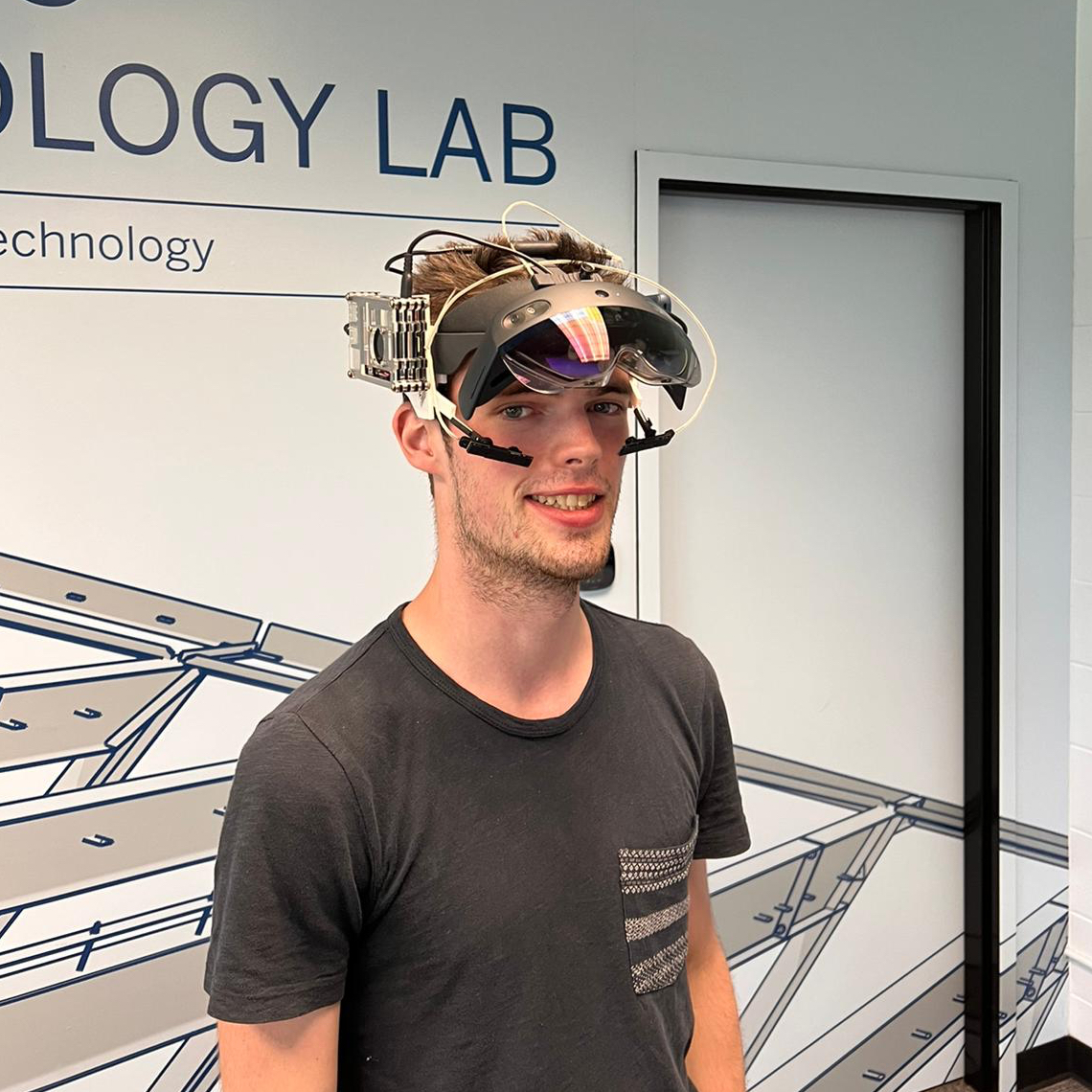About I-Learn
In the field of engineering education, significant research on learning with technologies has focused on either the learner’s interaction with the technology, on technology-enabled learning material, or on final learning outcomes. Research on learning with technologies involving the influence of individual cognitive function (perceptual, attentional, and cognitive skills) is relatively unexplored. There remains a gap in knowledge on how or why learners arrive at different results in the learning process. The i-learn research project bridges that divide by considering the learner’s individual characteristics as they execute problem-solving tasks while interacting with the advanced technology-enabled environments – a machine-learning (ML) and mixed-reality (MX) technology. The i-learn research project’s theoretical and empirical methods will provide fundamental knowledge about how learners’ cognitive function can be augmented through the advancements of these technologies, closing the gap in understanding the diversity of individuals’ perceptual and cognitive abilities in engineering education.
The perspective of tailoring MX with ML technologies to predict individual problem-solving harnesses opportunities to research whether learners’ interactions with these technologies leads to improved task performance. i-learn creates MX-based environments with features informed by ML models not merely as interactive features but as a medium of communication for perceptive-action. By focusing on components of learning cognition (e.g., working memory and sustained attention) as well as mental simulation and situational awareness, this project (1) uses ML predictive modelling to explore the effects of individual differences on learners’ performance in problem-solving tasks modelling, (2) studies learners’ moments of impasse in problem-solving tasks that demand spatial and cognitive ability, and (3) develops and assesses the effectiveness of an interactive and adaptive MX platform for learning when used by students with different cognitive and attentional abilities. This project will improve the fundamental understanding of how technologies should be designed to enhance technology-enabled learning. It promotes embodied cognition, pioneers individualized learning using ML, and advances insights on the effect of motor activity on operations linked to visuo-spatial abilities. Research outcomes will inform the design of adaptive learning technologies and the customization of instruction in engineering education.
This award reflects NSF's statutory mission and has been deemed worthy of support through evaluation using the Foundation's intellectual merit and broader impacts review criteria.
Feedback
Reach us at imutissi@iit.edu, Let us know about the experience for you and also stay tuned to this site for more updates





